Everything on model trains, model railroads, model railways, locomotives, model train layouts, scenery, wiring, DCC and more. Enjoy the world's best hobby... model railroading!
Track Maintenance
A reader by the name of Sil sent in this question:
“What is the best thing you can do to the track to keep it resident so that the trains run smoother? I use a light sand paper and my friend say’s rubbing alcohol is good also. Is this True? ”
Add your thoughts below.
7 Responses to Track Maintenance
Leave a Reply









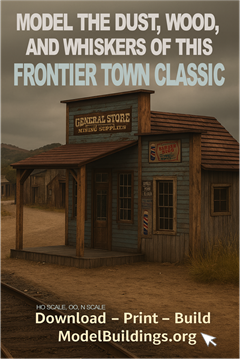
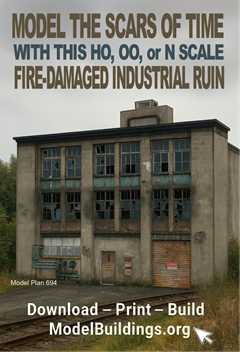
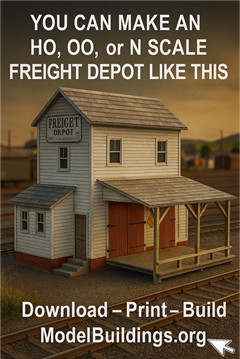

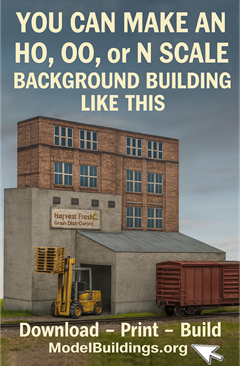
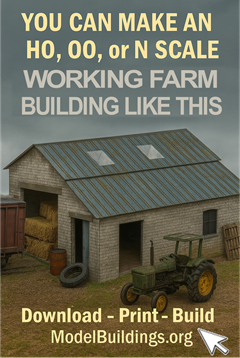

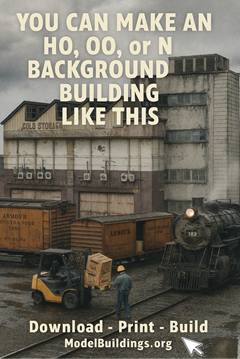

Interestingly, I have been researching this topic quite a bit lately due to rusty and “rarely used” Am. Flyer track. I think you will find equal numbers on the sanding/polishing vs. liquid apps. Most will say that alcohol is the safest technique because it doesn’t leave any residual. I have even heard of operaters using a magnet to “gather up” the metal residue.
Liquid products including alcohol, GooGone, track cleaner are also a posibility. Most will perfer the Scotchbrite pad and elbow “grease”.
Look forward to other comments…
Sil, I’ve always had good luck with liquid track cleaner made by Life-Like or Bachmann. I dip an old toothbrush in the bottle of cleaner, then brush the tracks. When the track is clean, wipe it down with an old sock until it’s dry. Afterward, put the bottle with closed cap and the toothbrush inside the sock, and tie the top of the sock closed.
Hope this helps.
John
Hi Sil,
I’ve been very satisfied with a product called, “Rail-Zip 2”
It not only cleans the track, but inhibits corrosion in the future. Just wipe it on and let it stand for 12 hours and presto! Engines [if their wheels are clean] run more smoothly than when new. AND, I’m not cleaning as often. Hope this helps….
Bill
A briteboy works very well, also a cleaner called never dull made by eagle found at your auto parts store and then run a track cleaning car in your consist will keep it clean with occasional cleaning . And Thai all depends on your environment from dust and humidity.
Hi! Sil
There was a tip where they were using automatic transmission fluid placed on the rails after you do a cleaning job. It seems that this coats the rail heads and helps with electrical contact. I have not yet tried this as my layout is not in an operating state yet.
There are lots of products you can buy for the purpose of cleaning track. Ditto on home recipes for the same purpose. I’ve heard or read of so many that I don’t have enough fingers and toes to count them all. Everything from alcohol, WD-40, brake cleaning fluid (for cars & trucks), carburetor cleaner (also for cars & trucks), steel wool, erasures (for pencils & ink pens), sand paper, emery paper, wire brushes, scotchbrite, cleansers (such as BonAmi), cleaners for silverware, special cleaners for electrical contacts and commutators on generators and electric motors, and more and more and . . . . . . . Not only do you need to keep the track clean for optimal operation, but also the wheels used for electrical pickup. Not only your powered locomotives, but the cars that have lights in them, such as the passenger cars. Something else to keep in mind – – – it’s much easier to keep a schedule for cleaning tracks and wheels than wait until you really have to clean them.
Use an INK eraser to clean the rails. Sandpaper just creates more problems, actually making the rails rust/corrode faster. The ink eraser will remove oxidized metal, but not as abrasively as sandpaper.